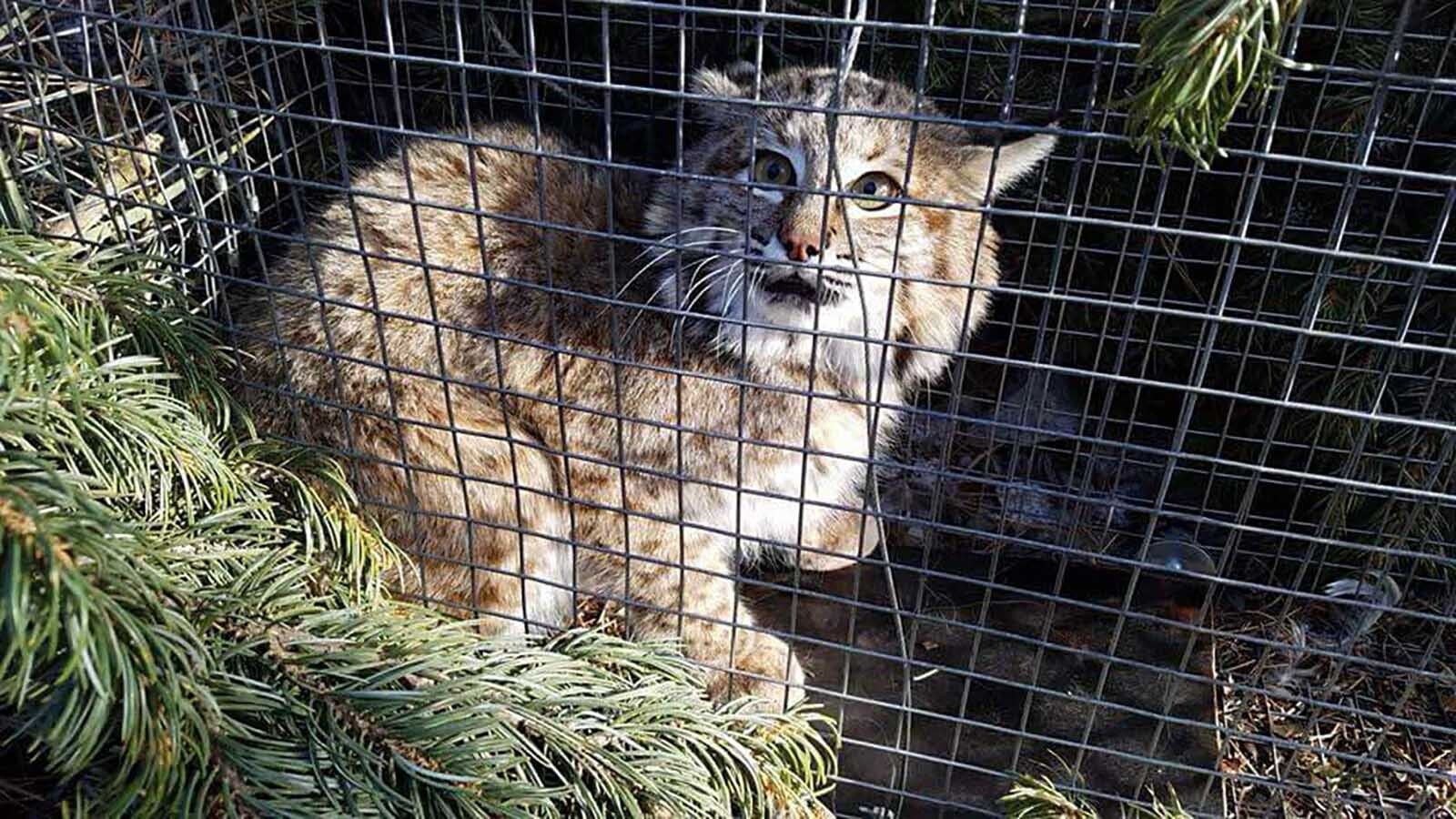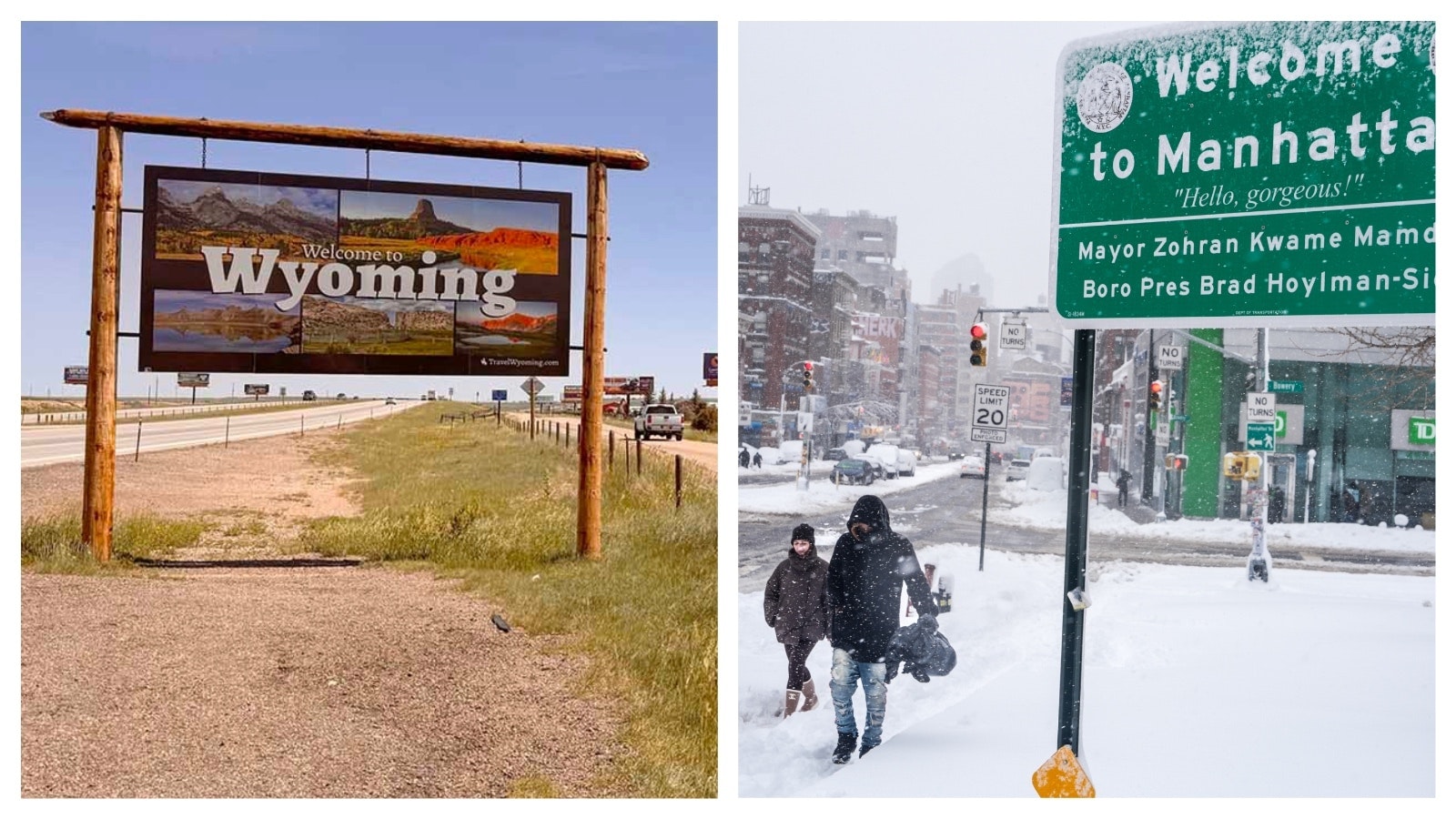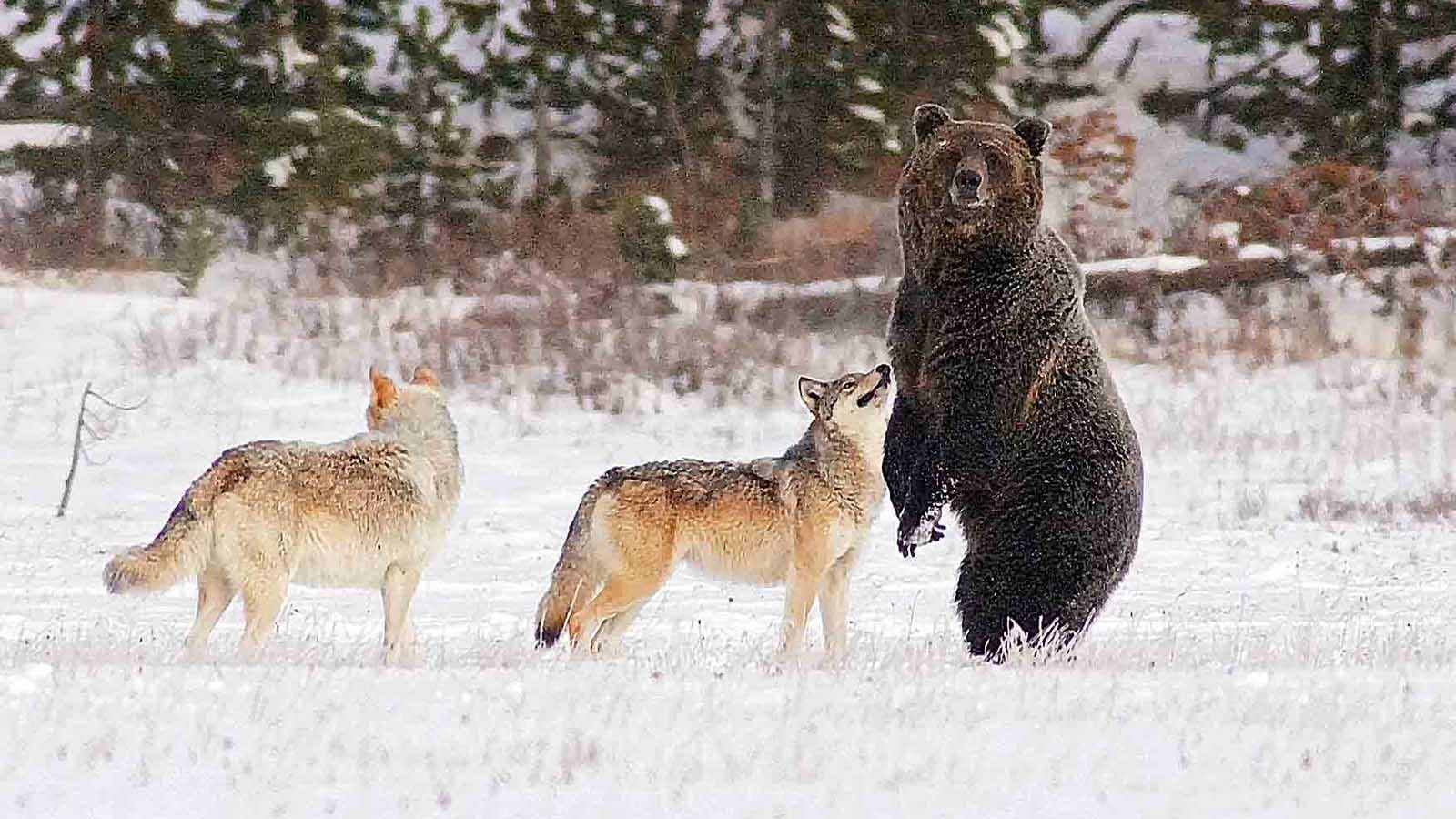Forest rangers and the public used to settle disputes over a cup of coffee, but a recent incident in which an armed agent in tactical gear confronted a ranch family could indicate those days are over, some retired rangers told Cowboy State Daily.
“I don’t understand why the district ranger or one of her staff didn’t just go out to their house and say, ‘Hey, what’s going on?’ instead of taking it to court right away,” said Karl Brauneis of Lander.
He worked for the U.S. Forest Service from 1972-2005, after which he continued to serve with the agency’s fire incident command.
Retired Forest Service and Park Service ranger Richard Jones, who lives in rural Park County, agreed that the temperament of federal agencies has changed.
A Forest Service agent showing up armed and in tactical gear “doesn’t surprise me,” he said.
“It surprises me that they didn’t show up with an armored vehicle and a dozen people,” Jones added.
Case Sparks Outrage
There’s been nationwide outrage over the case involving ranchers Charles and Heather Maude of Caputa, South Dakota.
They are embroiled in dispute over an apparently murky fence line between their land and Forest Service property.
The fence in question has been there for about 75 years on the legacy family ranch. Instead of negotiating with the Maudes about moving it, a Forest Service agent in tactical gear showed up at their house to serve the both with federal indictments alleging theft of government property.
The family thought it had come to an agreement with Julie Wheeler, the Forest Service district ranger for the Fall River Ranger District/Buffalo Gap National Grassland.
However, they say Forest Service Special Agent Travis Lunders showed up unannounced at the Maudes’ home June 24, armed and in tactical gear, to serve them indictments.
The charges carry a maximum penalty of 10 years in prison and/or a $250,000 fine.
The Forest Service has declined to comment on the matter because it’s an ongoing legal case.
Things Aren’t What They Used To Be
Over the decades, agencies have changed, Brauneis said.
In the early days of his career, “You would frequently have to write a ticket to somebody who was armed, but we didn’t carry firearms ourselves,” he said.
Enforcing forest rules used to be a duty spread among most of the Forest Service staff, he said.
Over the years, things started to get dangerous as more of a “criminal element” started showing up in the wildlands. So the agency moved toward rangers specifically trained as law enforcement officers.
At the same time, Forest Service personnel seem to have become less directly engaged with their communities, Brauneis said.
That’s partly because many of the old districts were shut down and jurisdictions were consolidated.
Brauneis recalled that when he worked for the Forest Service, he was a member of the local Kiwanis Club and a Boy Scout troop leader. That sort of community involvement was expected of rangers, he said.
However, after districts were reconfigured and local ranger stations got shut down, he and other employees found they didn’t have the spare time for such activities.
“We were on the road, driving back and forth all the time,” he said.
Over the years, the mentality of the Forest Service has shifted, Brauneis said.
“The old Forest Service was a de-centralized, conservation learning organization,” he said. “The new Forest Service is a highly-centralized, environmental, political bureaucracy.”

Tough To See The Other Side Of Things
To be fair to today’s federal employees, they might be saddled by requirements and regulations that the old-school rangers weren’t, Jones said.
There might be a requirement for agents to go out armed and in tactical gear, as Lunders did, he said.
Forest Service officials being restricted from openly talking to the press and explain their side of events could hurt the agency’s image, he added.
“To give out information stops the rumor mill. To not give out information causes speculation to run wild,” he said.
Like Brauneis, Jones said he saw the duty of enforcing the rules shift from being the responsibility of nearly all Park Service and Forest Service employees to a specialized duty of fully-trained law enforcement staff.
That hasn’t always been a bad thing, he added.
Specially trained law enforcement rangers were highly praised for stopping a would-be mass shooter in Yellowstone National Park on July 4. And that praise was well-earned, Jones said.
It’s also worth noting that it wasn’t the Forest Service’s decision to indict the Maudes, retired U.S. Fish and Wildlife game warden Tim Eicher of Cody told Cowboy State Daily.
“It’s totally up to the U.S. attorney” to take the matter before a grand jury and ask for an indictment.
‘Old School Community’
Like any other law enforcement officers, rangers can’t take for granted that every situation is safe, Jones said.
“Every situation is unique, there is no one-size-fits-all approach,” he said.
Even so, the situation in South Dakota might have been one in which the old standard of a “common sense, reasonable interaction” would have been more effective — and not left the Forest Service looking bad, he said.
Brauneis said that in the wake of what happened in South Dakota, and similar incidents eroding the Forest Service’s relationship with the public, some soul-searching might be in order for the agency.
To illustrate how things used to work, he recalled an incident from his career in which owning up to his mistake and interacting directly with a landowner resolved a situation that might have otherwise ended up in federal court.
He had laid out a clearcut along a national forest boundary line. After the work was done, he discovered that “the old (land) survey was a couple of degrees off” and his crew had cut an acre or two on private land.
“I drove out to talk to the land owner who was an elderly lady. She invited me in and we had coffee. I explained what happened and she understood,” he said.
“We concluded that if we burned the slash on her property along with ours and planted trees the same as on forest that we were all good to go,” Brauneis said. “We shook hands and I left. Old-school community in a Christian culture.”
Mark Heinz can be reached at mark@cowboystatedaily.com.





